The story that dominated much of the French media last week was the vicious assault of a shopkeeper in Amiens. A gang kicked and punched Jean-Baptiste Trogneux outside his chocolate shop in a savage attack that left him bruised and nursing a couple of broken ribs. It was, alas, an all too common incident in a country where violent crime has been rising steadily for a number of years.
What made this assault newsworthy was the fact that Trogneux is the great-niece of Brigitte Macron; she and her presidential husband condemned the attack, as did figures from across the political spectrum, many of whom tried to exploit the poor man’s injuries for their own ends on television or social media. Far from being political activists, the four people in custody are, by the admission of their own lawyers, social misfits with very low IQs. Dangerous, in other words, but not a threat to democracy.
The spread of the murderous violence is testament to the growing impunity of the cartels
The assault certainly didn’t warrant the prominence it received in the media, overshadowing several other far more serious acts of violence that erupted across the country in the days before and after.
The previous Saturday in Villerupt, a town of 10,000 inhabitants in eastern France, a man opened fire on a crowd of people, wounding five, three of them seriously, in what police believe was a drugs-related shooting. The man in custody is well-known hoodlum, having a rap sheet totalling 140 offences.
Over on the other side of France, in Nantes, three shootings in 48 hours last week left one dead and two wounded. Police believe a territorial drug war was the motivation for the attacks. The same explanation was given for the triple killing in Marseille at the weekend, taking the drug-related homicide count in the Mediterranean city for the year to 21. There was another shooting in Marseille last night, although the three victims are expected to survive their wounds.
Among the dead this year in Marseille is a 43-year-old mother of five, shot in the head by a stray bullet in front of her daughter earlier this month. ‘This is a national phenomenon that requires national solutions’, said Eddy Sid, from a police union, after the death of the woman. ‘We are faced with a mafia-like octopus that has ramifications. Drug traffickers from Marseille have set up shop in Nice, Dijon…’
Sid could have listed many other cities in France, along with provincial towns such as Orléans, Angers or Valence, 125 miles north of Marseille, where three people were shot dead earlier this month in separate shootings.
The spread of the murderous violence is testament to the growing impunity of the cartels, whose influence has increased in parallel with their wealth. The drugs trade is now a €3 billion industry in France, generating the same turnover as the Nestlé company.
The police and customs officials are waging a valiant war against the cartels: last year they seized an unprecedented 157 tonnes of drugs. Among the haul was 27 tonnes of cocaine, much of it coming from Guyana and the Caribbean, and 273kg of synthetic drugs including fentanyl. ‘This drug is still not very prevalent, but we need to prevent its spread,’ said Gabriel Attal, the Minister of Public Accounts. ‘Our American counterparts are alerting us [about its addictiveness].’
Drug use in France is widespread. There are estimated to be 18 million occasional users of cannabis (only the Czech Republic smokes more cannabis in Europe than the French), 2.1 million cocaine users and 500,000 heroin addicts. More money and more personnel are being provided by the State to help combat the drug cartels in France and abroad, but the tentacles of the ‘octopus’ to which the police union leader Eddy Sid referred, now stretch disturbingly deep.
In an interview with Le Monde newspaper last November, Laure Beccuau, the prosecutor of Paris, and head of France’s national agency against organised crime, painted an alarming picture of a Republic being insidiously overwhelmed. ‘Today, the level of the threat is such that we can detect risks of the destabilisation of our rule of law,’ she said. ‘Without exaggerating, without fantasising…the reality of the infiltration of our societies by criminal networks exceeds all fictions.’
Frédéric Ploquin, a reporter specialised in organised crime, claims that years of strategic naivety have brought France to this point. ‘Local councillors thought that public tranquillity could be bought by leaving the small drug-dealing areas alone,’ he said in an interview last week. ‘Twenty years later, they are reaping the rewards of chaos. We’ve moved into another dimension. The Kalashnikov generation is taking over.’
If the Kalashnikov automatic rifles come from the east – principally the Balkans – drugs are imported from the west. They arrive in France from the other side of the Atlantic at ports where officials have been targeted by the cartels.
Last year five custom officials in France were convicted of corruption and Laure Beccuau admitted that it’s only a matter of time before more palms are greased, if they haven’t already been. ‘The next step is the corruption of the police or magistrates…the infiltration of officers engaged in the fight against crime,’ she told Le Monde.
There was a great deal of pontificating after the attack on Brigitte Macron’s nephew from politicians of all stripes. In grave tones they talked of ‘lines being crossed’ and democracy being imperilled. But it’s not a handful of knuckle-dragging yobs who are undermining democracy in France; it’s the drug cartels.
Twice during his presidency, Emmanuel Macron has told his people that they are at war: first against Covid and then against Russia. His predecessor, François Hollande, deployed the same word in 2015 when describing the threat posed by Islamic extremists.
It may soon be time to admit that France is in a new war, and one that for the moment it is struggling to win.
Got something to add? Join the discussion and comment below.
Get 10 issues for just $10
Subscribe to The Spectator Australia today for the next 10 magazine issues, plus full online access, for just $10.


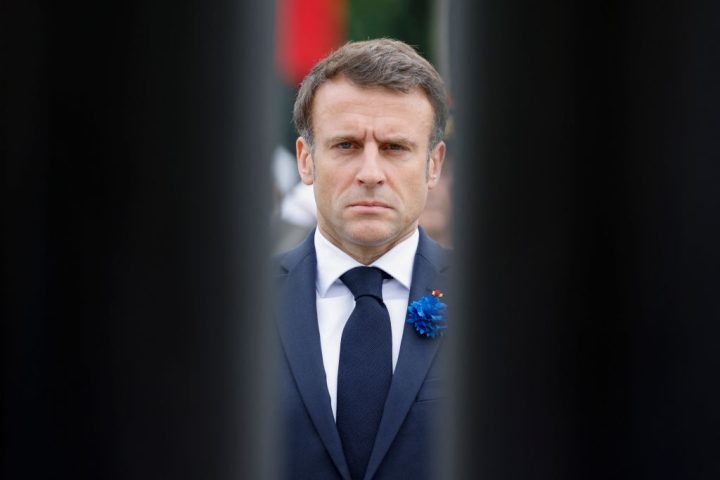
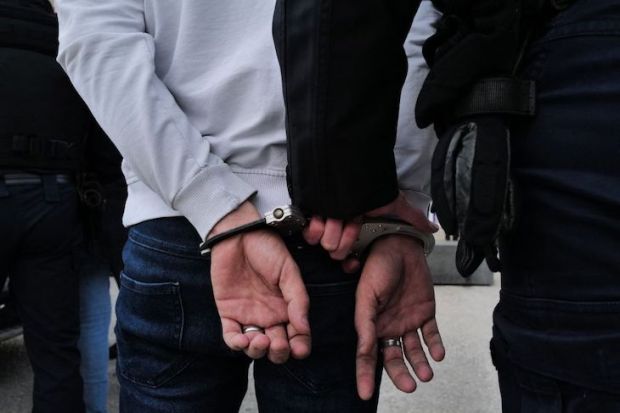
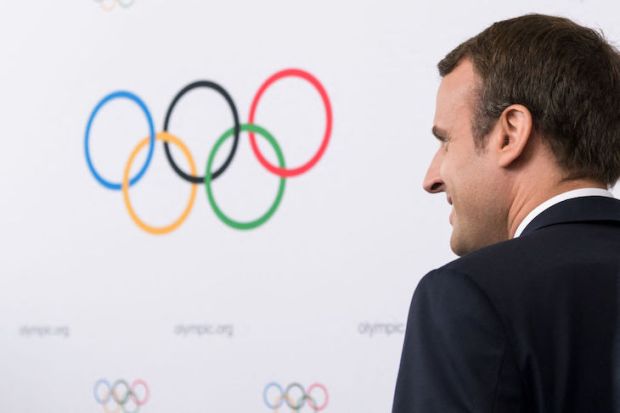
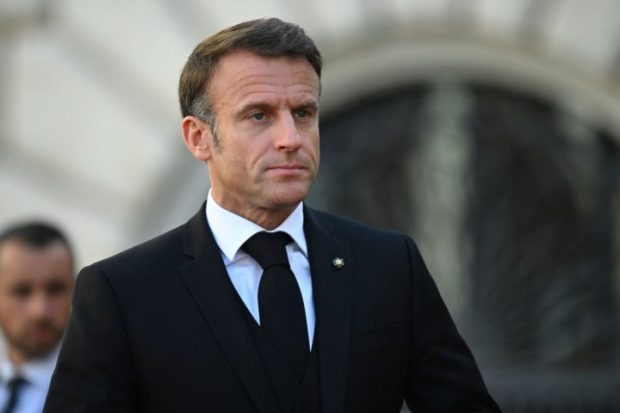
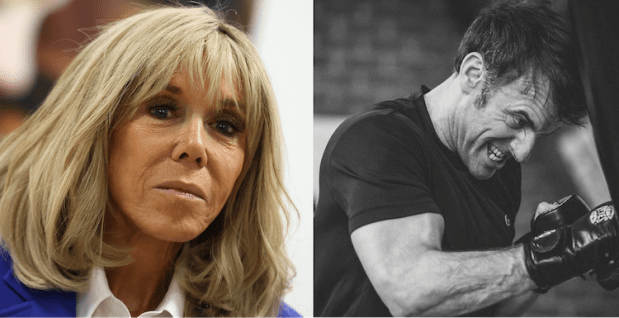
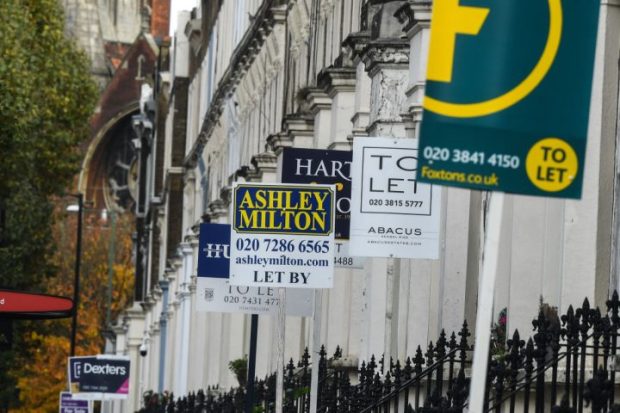
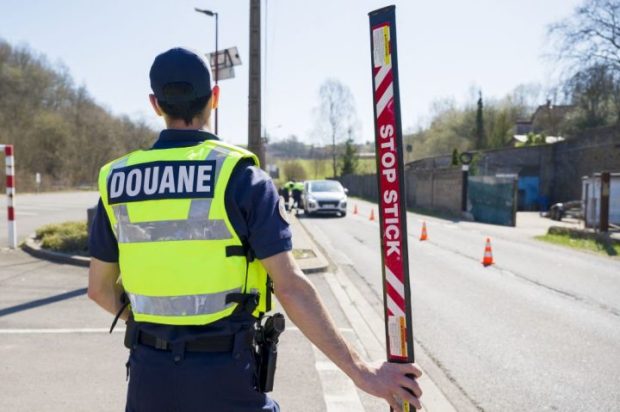












Comments
Don't miss out
Join the conversation with other Spectator Australia readers. Subscribe to leave a comment.
SUBSCRIBEAlready a subscriber? Log in